Iceland volcano eruption: what happens now
International flights expected to continue as normal as Icelandic government stresses lava flow poses 'no threat to life'
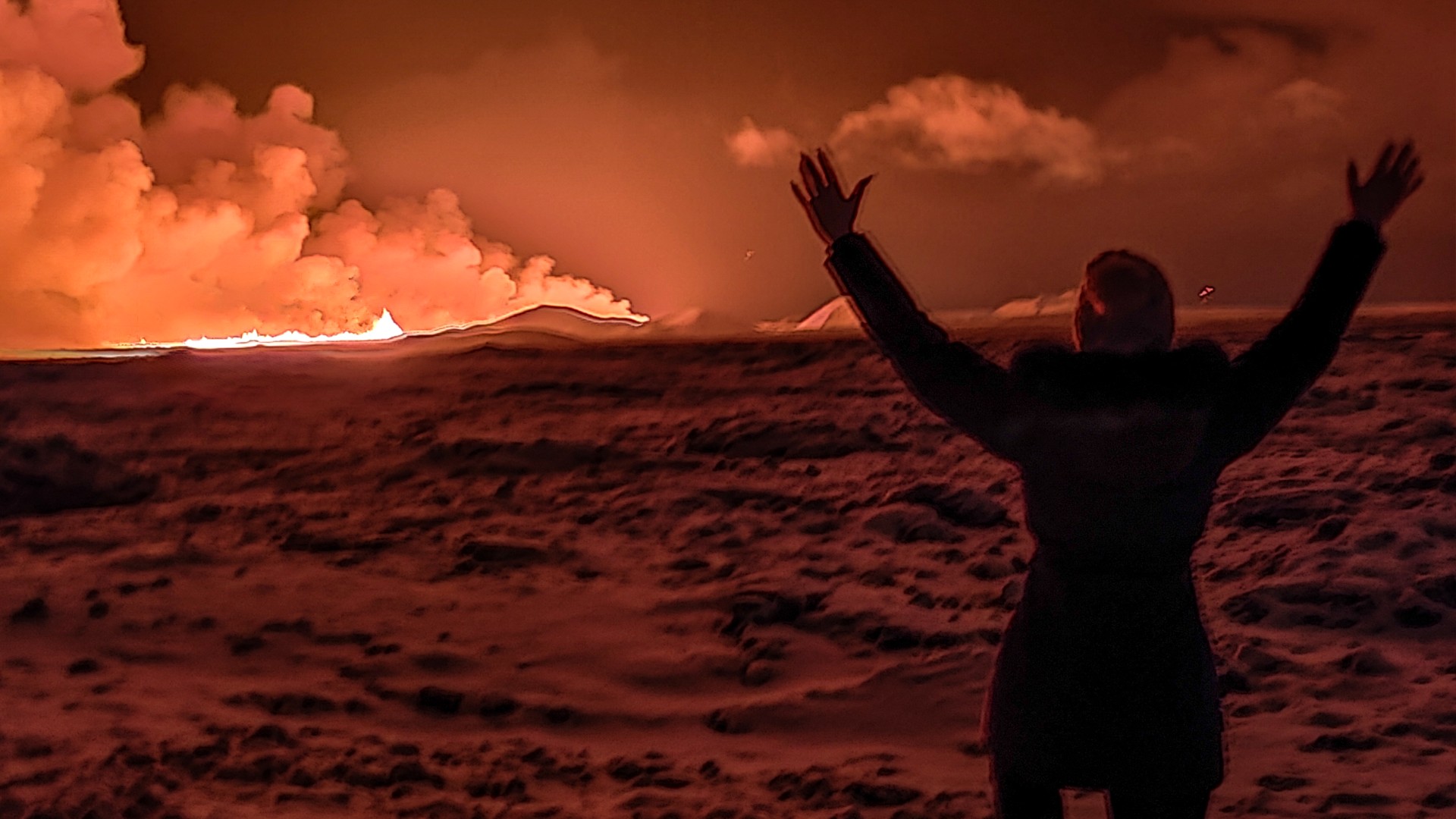
A free daily email with the biggest news stories of the day – and the best features from TheWeek.com
You are now subscribed
Your newsletter sign-up was successful
A volcano that has erupted in southwest Iceland "does not present a threat to life" the government has said, and does not look likely to cause the travel chaos that the Eyjafjallajokull volcano eruption did in 2010.
The eruption on the Reykjanes peninsula near the small fishing village of Grindavik came after months of tremors caused by the magma forcing its way upwards towards the surface of the earth.
Hundreds of daily earthquakes began rattling the region in October, "prompting scientists to think that an eruption was imminent", said Live Science. Roughly 4,000 local inhabitants were evacuated as a precaution last month and allowed back only to collect belongings. Officials also began building "temporary defences" to protect the nearby Svartsengi geothermal power plant, which supplies energy across the country, said Live Science.
The Week
Escape your echo chamber. Get the facts behind the news, plus analysis from multiple perspectives.

Sign up for The Week's Free Newsletters
From our morning news briefing to a weekly Good News Newsletter, get the best of The Week delivered directly to your inbox.
From our morning news briefing to a weekly Good News Newsletter, get the best of The Week delivered directly to your inbox.
According to the Icelandic Met Office, the volcano finally erupted just after 10pm local time on Monday, "turning the sky orange and prompting the country's civil defence to be on high alert", reported Al Jazeera. By the early hours of Tuesday the eruptive fissure was around 2.5 miles long, and could be seen in the capital Reykjavik, 26 miles to the northeast.
How common is this?
Iceland is "one of the most volcanic regions on the planet, sitting on the mid-Atlantic ridge, where the tectonic plates of North America and Eurasia are pulling apart by 2cm a year", said Sky News.
On average, the broadcaster said "there is an eruption from one of Iceland's 32 active volcanoes every four or five years, with rivers of lava shaping the stark landscape".
The Reykjanes volcanic system had been dormant for 800 years until it erupted from a fissure in March 2021 but the "biggest current concern" said Sky News, is over Katla, which last erupted in 1918 and "lies under hundreds of metres of ice and any eruption is likely to cause widespread flooding".
A free daily email with the biggest news stories of the day – and the best features from TheWeek.com
What is the government doing about it?
Iceland has declared a state of emergency following Monday's eruption but a government statement stressed it "does not present a threat to life".
It is, however, also "not a tourist attraction and you must watch it from a great distance," Vidir Reynisson, head of Iceland's Civil Protection and Emergency Management, told national broadcaster RUV.
Magnus Tumi Gudmundsson, a scientist who flew over the site on Tuesday morning on a coastguard research flight, told RUV the eruption was expected to continue decreasing in intensity but that scientists have no idea how long it could last.
"It can be over in a week, or it could take quite a bit longer," he said.
Will flights be affected?
The eruption will evoke memories of the massive Eyjafjallajokull volcano eruption in 2010, which wreaked havoc on Europe's air traffic after a huge cloud of ash led to over 100,000 flight cancellations, at an estimated cost of £3 billion.
Though there had been fears of a repeat, Eyjafjallajokull erupted "under circumstances that contributed to the immense size of its ash cloud", said Euronews. "A glacier on top of it caused meltwater to rapidly cool the lava, creating tiny particles which were launched into the air by the steam produced in the eruption. These were then carried on the wind towards Europe."
"Currently there are no signs an ash cloud of the kind that grounded flights in 2010 will emerge," said i news, and flights from the UK to Iceland "appear to be operating normally" and the eruption's intensity is decreasing, according to the Icelandic Met Office.
Despite lying just 25km north of the eruption site, Keflavik International Airport – Iceland's main international airport – "has not been closed and flights are still arriving and departing", Euronews reported.
Iceland's Foreign Minister Bjarni Benediktsson said on X that there were no disruptions of flights to and from Iceland, and international flight corridors remain open.
-
 ‘This is something that happens all too often’
‘This is something that happens all too often’Instant Opinion Opinion, comment and editorials of the day
-
 House votes to end Trump’s Canada tariffs
House votes to end Trump’s Canada tariffsSpeed Read Six Republicans joined with Democrats to repeal the president’s tariffs
-
 Bondi, Democrats clash over Epstein in hearing
Bondi, Democrats clash over Epstein in hearingSpeed Read Attorney General Pam Bondi ignored survivors of convicted sex offender Jeffrey Epstein and demanded that Democrats apologize to Trump
-
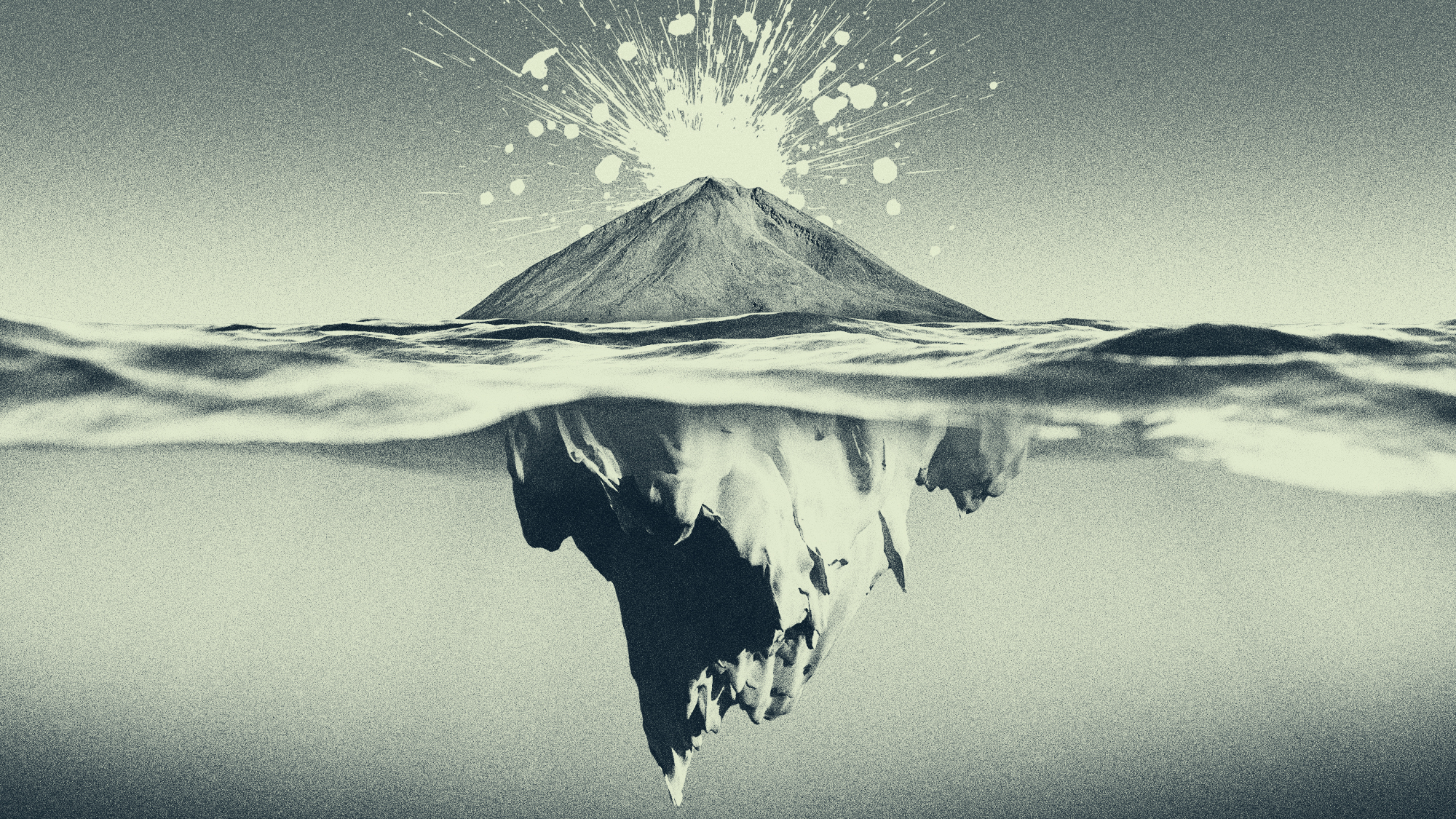 Melting glaciers may lead to more volcanic eruptions
Melting glaciers may lead to more volcanic eruptionsUnder the radar We're in for a boom
-
 The war on polar bears
The war on polar bearsUnder the Radar Clashes with human settlements are on the rise, as melting ice drives hungry predators inland in search of food
-
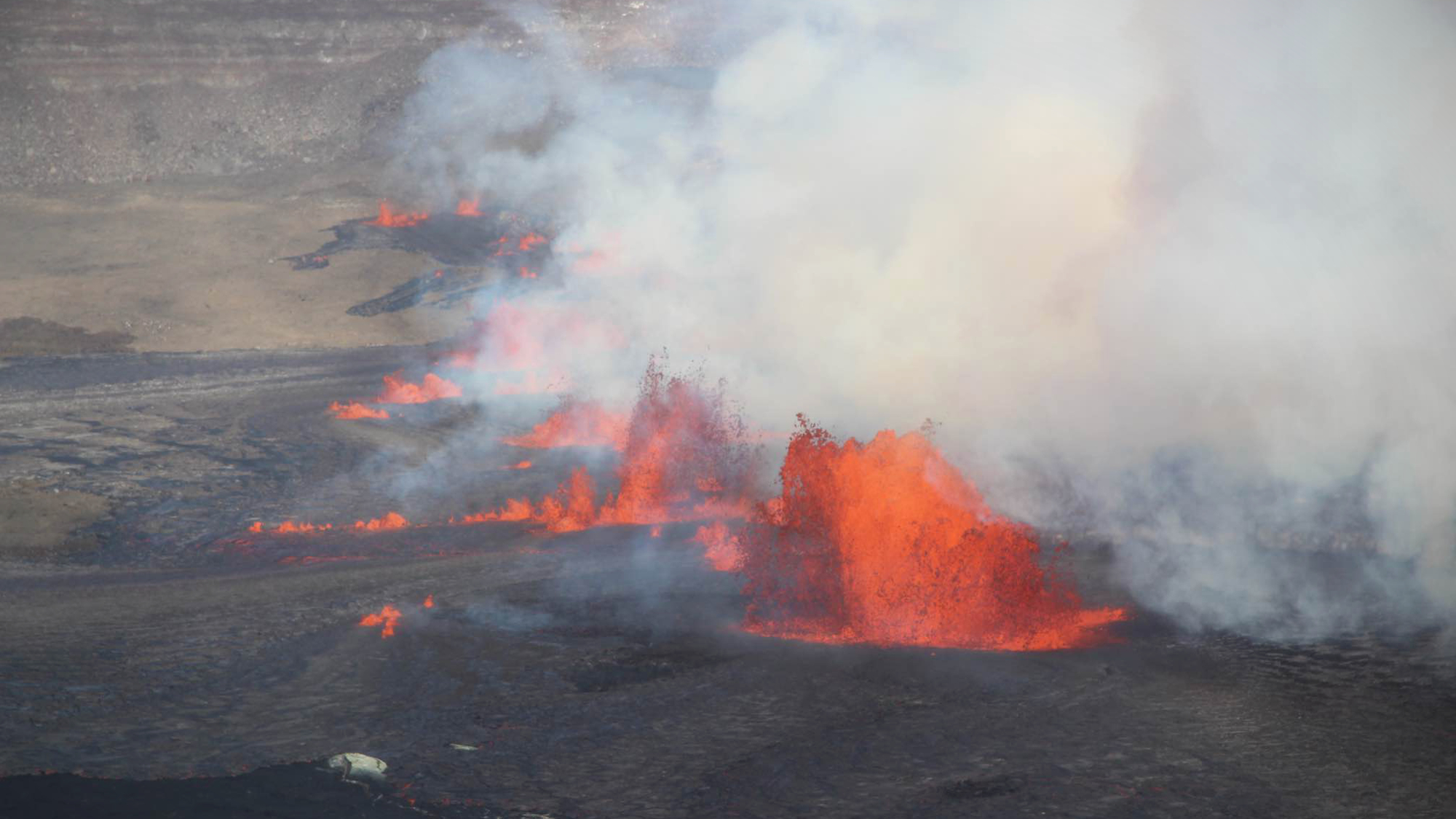 Hawaii's Kilauea erupts in area calm since 1974
Hawaii's Kilauea erupts in area calm since 1974Speed Read The Big Island volcano is one of the world's most active
-
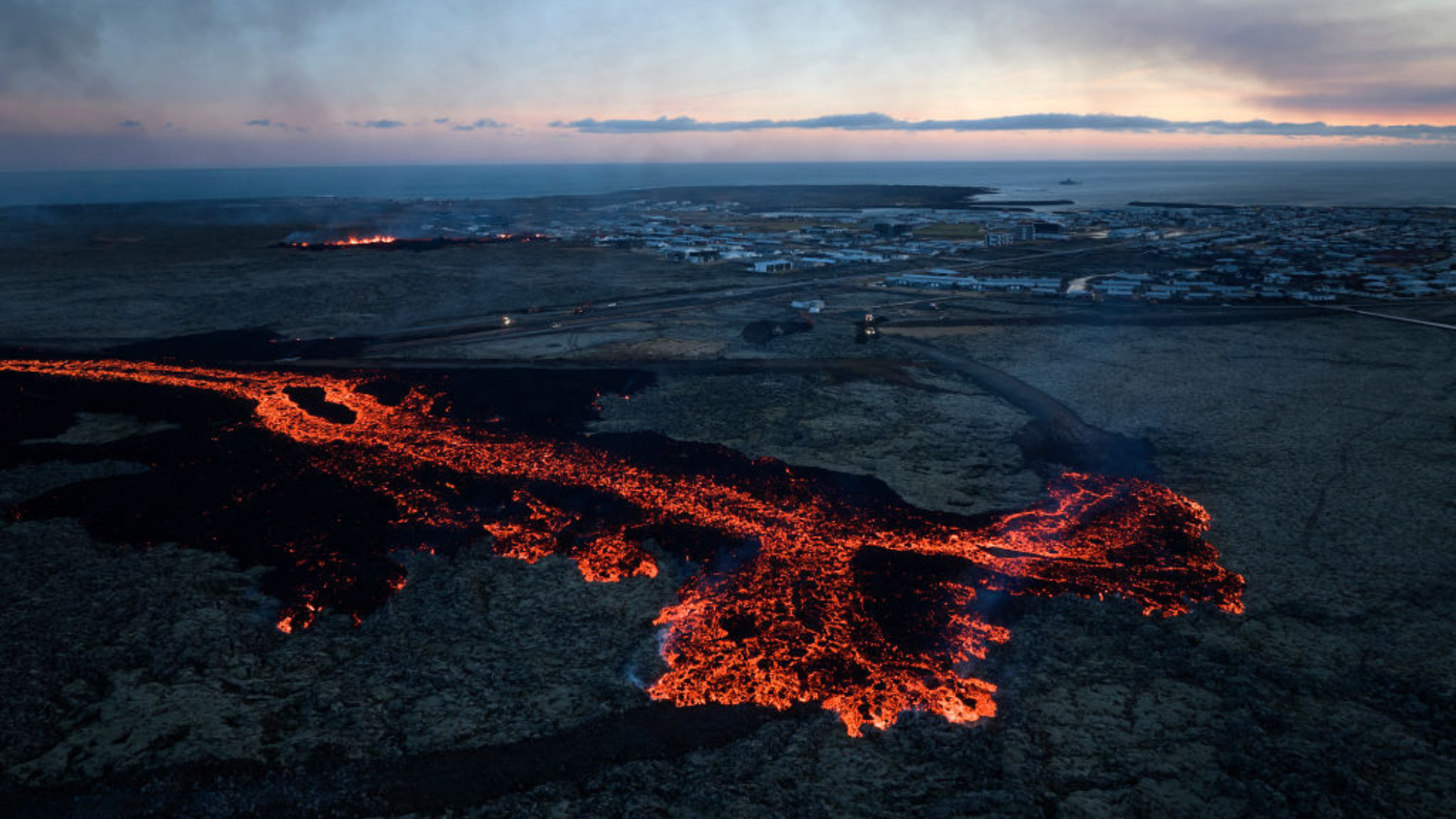 Iceland's volcanic eruption hits Grindavík
Iceland's volcanic eruption hits GrindavíkIn Pictures Town evacuated just hours before lava pours from cracks in the ground nearby
-
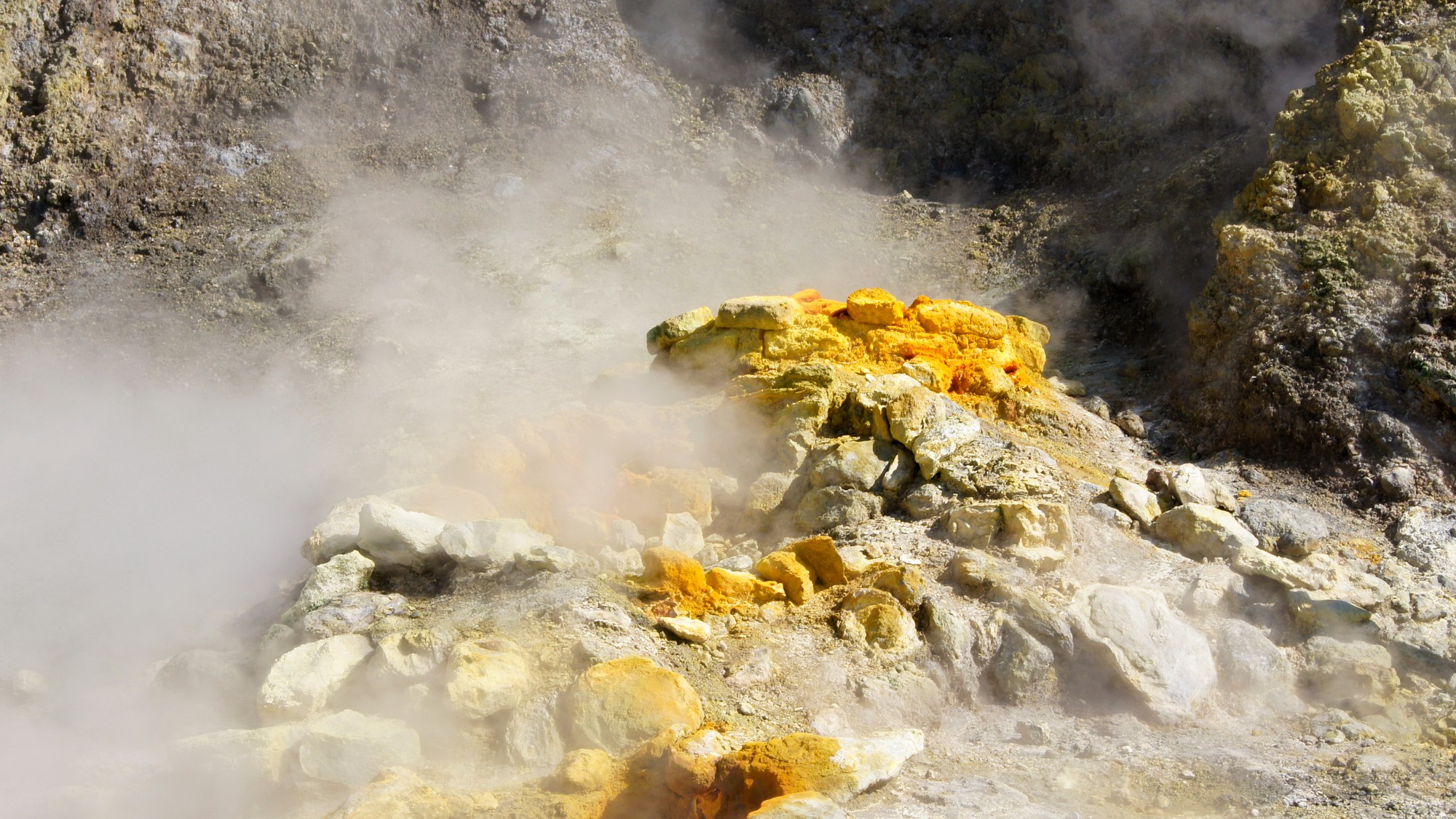 Scientists have their eyes on 2 supervolcanoes
Scientists have their eyes on 2 supervolcanoesThe Explainer 'The probability of a catastrophic eruption is low but not nil'
-
 Mauna Loa: world’s largest active volcano erupts
Mauna Loa: world’s largest active volcano eruptsIn Pictures Residents on stand-by to evacuate Hawaii as the ongoing eruption spews fountains of lava
-
 How ‘direct air capture’ turns carbon dioxide into stone
How ‘direct air capture’ turns carbon dioxide into stonefeature Experts say the technology could reduce current greenhouse gas levels within years